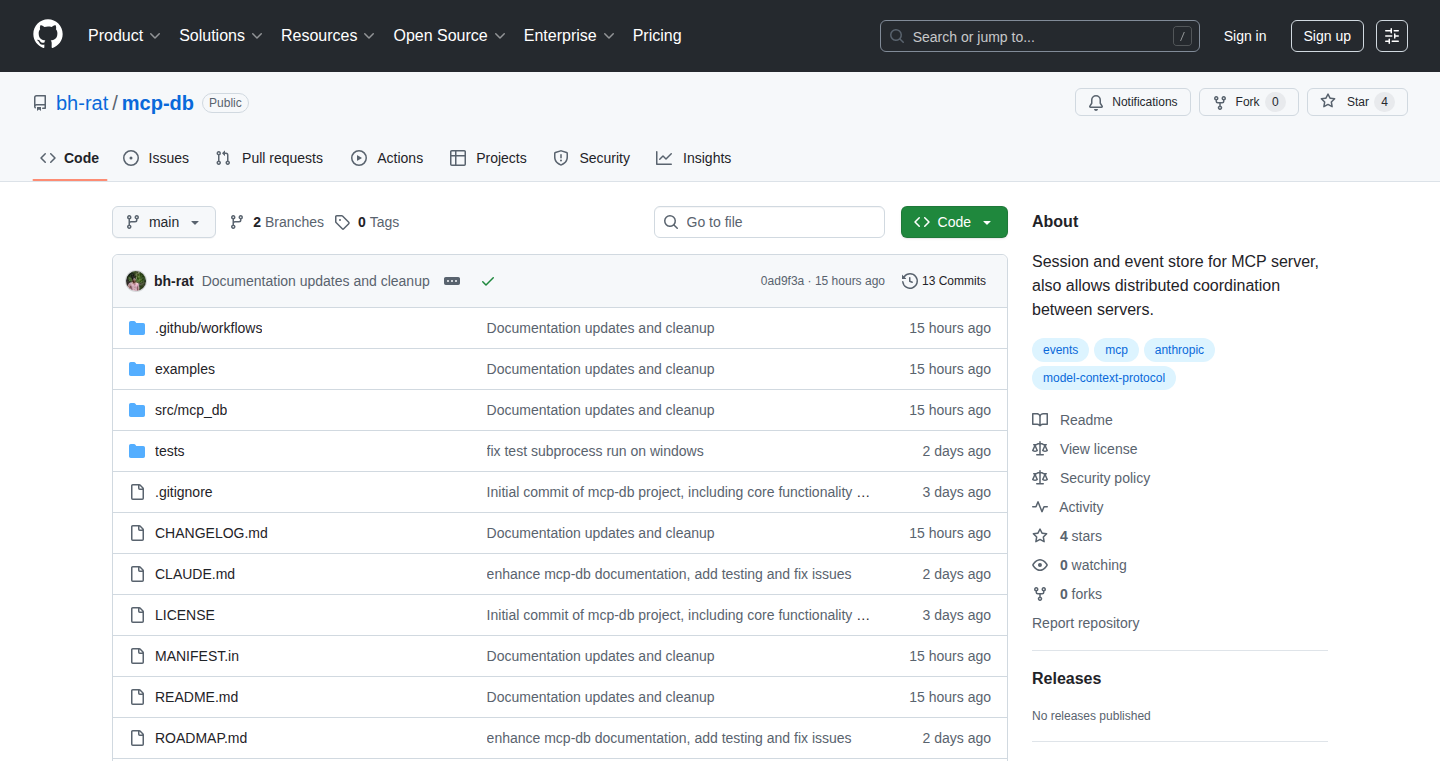

Highlight 1
The system enables easy scaling by allowing session data to be distributed across nodes without sticky sessions, which is crucial for handling high traffic and large user bases.
Highlight 2
The ASGI wrapper provides excellent support for cross-node session handling, ensuring that requests can be routed to any server without disruption.
Highlight 3
The failover feature ensures that if one server goes down, the session can be resumed on another, improving the overall reliability of the system.

Improvement 1
The documentation could be clearer, especially for new users who may struggle to set up and integrate the system without prior knowledge of ASGI or session management.
Improvement 2
Currently, the configuration of the system seems to be focused on developers. An intuitive UI for managing session data and settings could help non-technical users.
Improvement 3
It would be beneficial to add more detailed error reporting and monitoring tools to help users track issues related to session storage or server communication.
Product Functionality
Consider adding a built-in API for easy integration with other services or a user-friendly dashboard to configure and monitor session states.
UI & UX
Improving the interface for setting up and monitoring sessions would make it easier for users to adopt and integrate the system without needing deep technical knowledge.
SEO or Marketing
To enhance visibility, consider creating detailed tutorials, blog posts, and example use cases that demonstrate how the system can be applied in real-world scenarios.
MultiLanguage Support
Adding multi-language support would help make the platform more accessible to developers worldwide, especially in regions with growing tech communities.
- 1
How does MCP-DB handle scaling without sticky sessions?
MCP-DB achieves scaling without sticky sessions by using a cross-node session admission mechanism, allowing requests to be handled by any available node without depending on a specific one.
- 2
Can MCP-DB resume broken streams automatically?
Yes, MCP-DB can automatically resume broken streams, ensuring that sessions are not lost when a server failure occurs, making it highly resilient.
- 3
What technology stack is MCP-DB built on?
MCP-DB is built using Python and ASGI, which provides asynchronous communication for session management, and it relies on session storage mechanisms that work well for server-based concepts.
